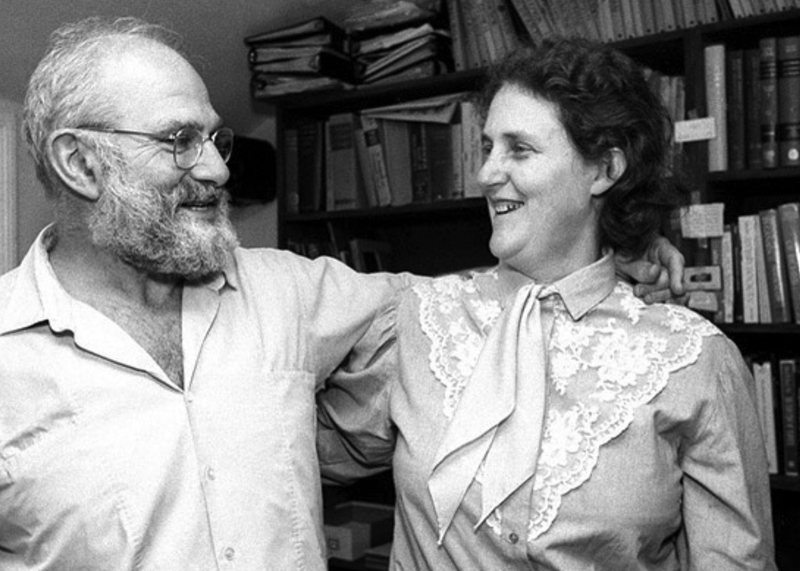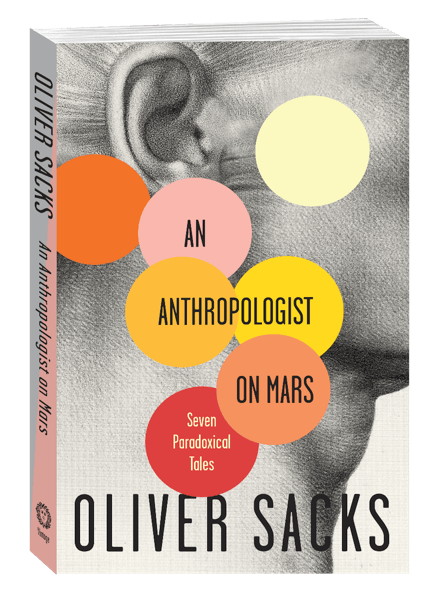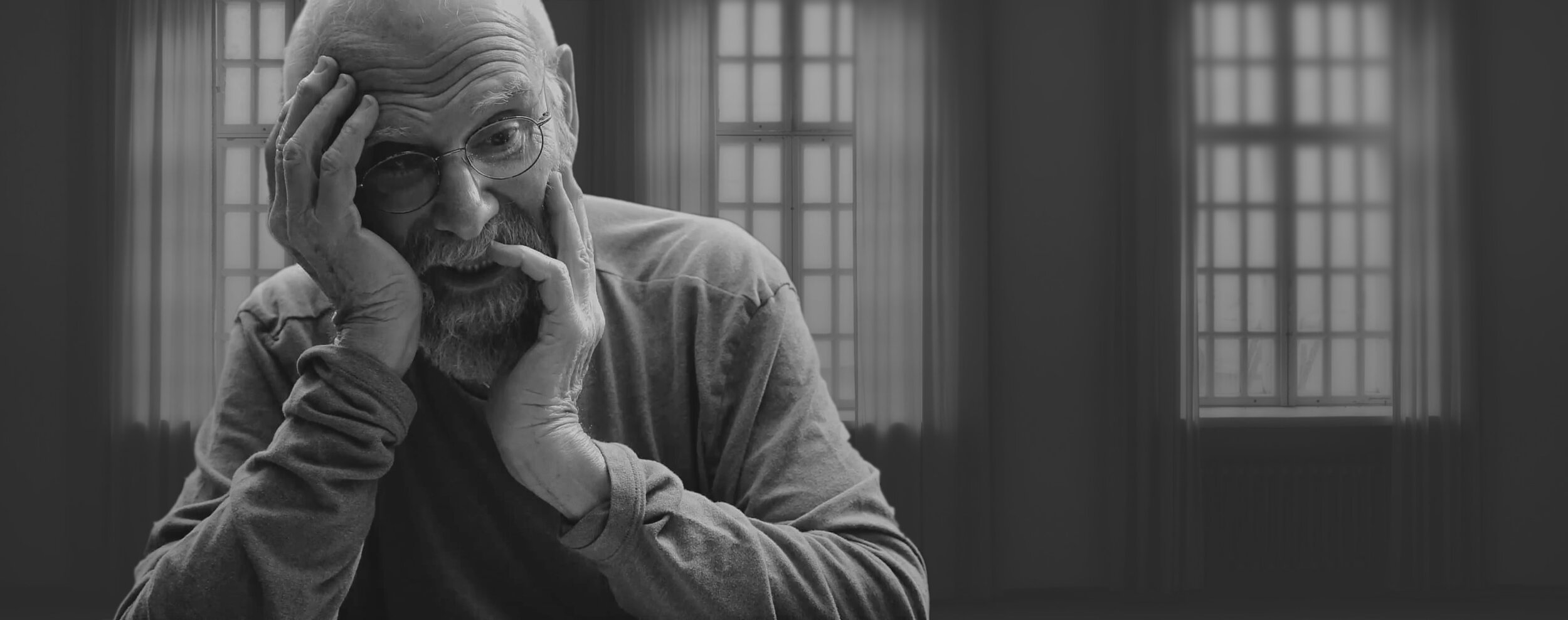“An inexhaustible tourist at the farther reaches of the mind, Sacks presents, in sparse, unsentimental prose, the stories of seven of his patients. The result is as rich, vivid and compelling as any collection of short fictional stories.”
— Independent on Sunday
An Anthropologist on Mars
“Back to individuals and their stories again–now explored at a length, and with a depth, beyond that of Hat, though some of the themes–autism, amnesia, Tourette’s syndrome, etc. were the same.” — Oliver Sacks
Neurological patients, Oliver Sacks has written, are travellers to unimaginable lands. An Anthropologist on Mars offers portraits of seven such travellers– including a surgeon consumed by the compulsive tics of Tourette’s Syndrome except when he is operating; an artist who loses all sense of color in a car accident, but finds a new sensibility and creative power in black and white; and an autistic professor who has great difficulty deciphering the simplest social exchange between humans, but has built a career out of her intuitive understanding of animal behavior.
These are paradoxical tales, for neurological disease can conduct one to other modes of being that–however abnormal they may be to our way of thinking–may develop virtues and beauties of their own. The exploration of these individual lives is not one that can be made in a consulting room or office, and Dr. Sacks has taken off his white coat and deserted the hospital, by and large, to join his subjects in their own environments. He feels, he says, in part like a neuroanthropologist, but most of all like a physician, called here and there to make house calls, house calls at the far borders of experience.
Along the way, he gives us a new perspective on the way our brains construct our individual worlds. In his lucid and compelling reconstructions of the mental acts we take for granted–the act of seeing, the transport of memory, the notion of color–Oliver Sacks provokes anew a sense of wonder at who we are.

📷 Oliver Sacks and Temple Grandin
Praise for An Anthropologist on Mars
“A multi-faceted masterpiece…a joy to read….Sacks invites hope where hope has been proscribed, an act that by itself makes this book priceless.” —Chicago Tribune
“A wonderful new book [that] hums with emotional and intellectual energy….It is Dr. Sacks’s gift that he has found a way to enlarge our experience and understanding of what the human is.” —Richard Locke, Wall St. Journal
“Engaging…warm…erudite… Sacks is a master at blending science with old fashioned storytelling…he has refined the case-history into an art.” —Time
“Oliver Sacks is a chronicler of possibility. In this rich and penetrating exploration of seven ‘deeply altered selves,’ the author of the bestselling The Man Who Mistook His Wife for a Hat and the metaphysical Awakenings opens to the reader doors of perception generally passed through only by those ‘at the far borders of human experience.’” —Boston Sunday Globe
“Oliver Sacks is the Carl Sagan or Stephen Jay Gould of his field; his books are true classics of medical writing, of the breadth of human mentality, and of the inner lives of the disabled.” —Mary Ellen Curtin
Inspired by An Anthropologist on Mars
The Music Never Stopped – an independent feature film based on “The Last Hippie,” a story in An Anthropologist on Mars. Starring Lou Taylor Pucci, Julia Ormond, J.K. Simmons, and Cara Seymour. Directed by Jim Kohlberg, from a script by Gwyn Lurie and Gary Marks. Chosen to premiere at the 2011 Sundance Film Festival and the Berlin Film Festival. Opening in theaters in March 2011. More info here.
Molly Sweeney – a play by Brian Friel inspired in part by “To See and Not See,” a clinical tale in An Anthropologist on Mars. World premiere Gate Theatre, Dublin, August 1994, with Catherine Byrne, Mark Lambert, and T. P. McKenna; U.S. debut January 1996, Roundabout Theater, with Catherine Byrne, Jason Robards, and Alfred Molina.







